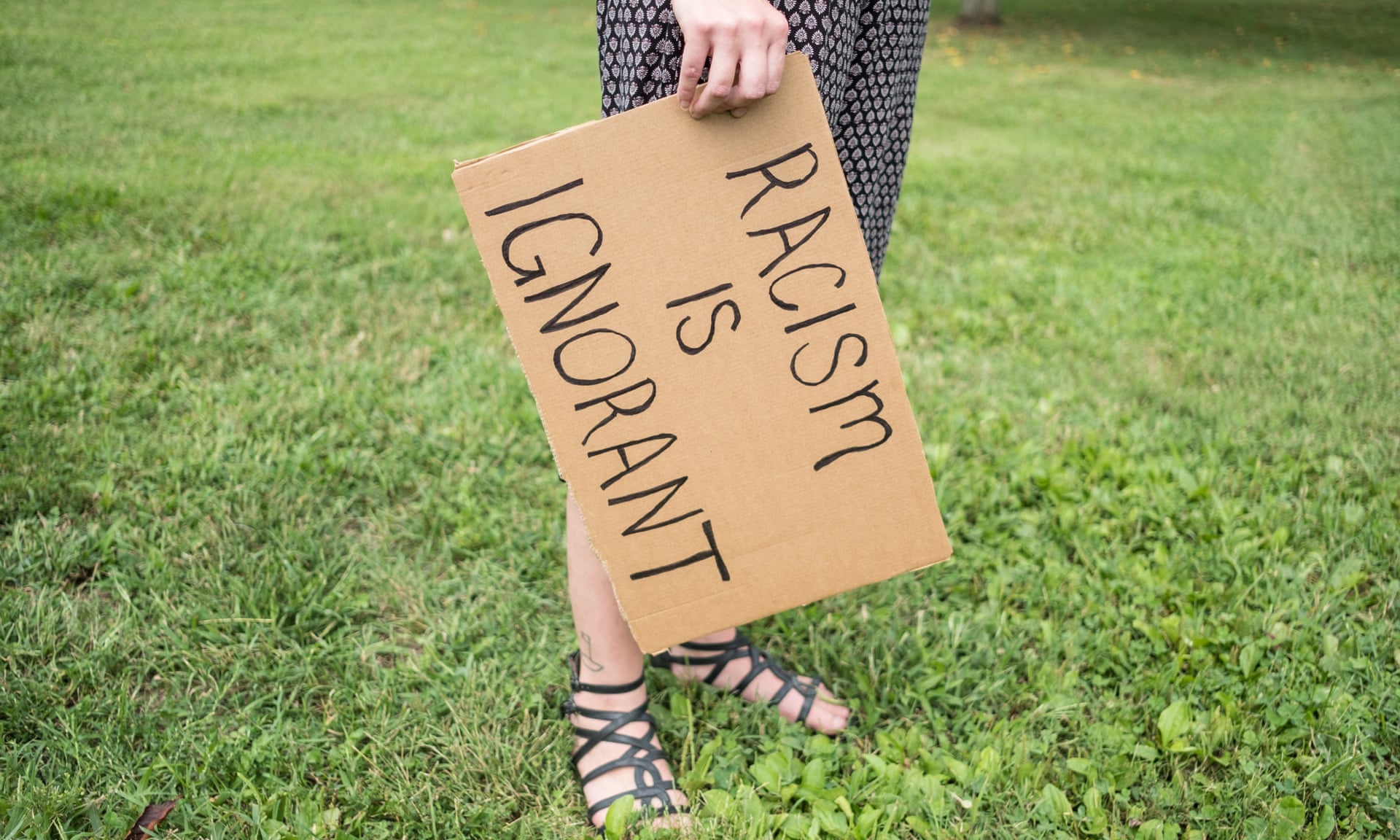Race-shifters: white people who identify as Indigenous NB Media Co-opPosted in Articles, Canada, History, Media Archive, Native Americans/First Nation, Passing, Politics/Public Policy, Social Science on 2019-12-29 02:46Z by Steven |
Race-shifters: white people who identify as Indigenous
NB Media Co-op
Fredericton, New Brunswick, Canada
2019-11-22
Susan O’Donnell, Adjunct Professor of Sociology
University of New Brunswick
 Sportsman and Indigenous guides (carrying snowshoes), with game in winter. Gabe Atwin far left, ca. 1875. Image from the Provincial Archives of NB. |
The number of people across Canada who self-identify as Indigenous is growing rapidly. Some of that growth can be explained by the Indigenous children of the Sixties Scoop and residential school survivors re-discovering or accepting their Indigenous identities. However an entirely different group of Canadians has emerged. “Race-shifters” are white people with no or a small amount of Indigenous ancestry who identify as Indigenous.
Race-shifters live in every province, mostly in communities with large populations of French ancestry. In this province, for example, in 1996 and 2016, the population of New Brunswick was roughly the same. However in the 1996 census, only 950 people self-identified as Métis, but in the 2016 census that number jumped to 10,200. How is this possible?
The confusion includes the misconception that anyone with Indigenous ancestry can call themselves Métis. On the contrary, “Métis” has a specific definition in Canadian law. In 2003 the Supreme Court Powley decision described a Métis person as “one who self-identifies, has an ancestral connection to a historic Métis community, and is accepted by that community.” Anyone can self-identify as “Métis” when answering a census question, but not everyone of them is a member of the historic Métis Nation that originated in the Red River Valley of Manitoba.
Darryl Leroux has been exploring the race-shifting phenomenon for more than two decades. The social scientist from St. Mary’s University was in Fredericton Nov. 20 to speak about the process he has called “white settler revisionism,” a new wave of colonialism and to launch his new book, Distorted Descent: White Claims to Indigenous Identity published by the University of Manitoba Press…
Read the entire article here.

